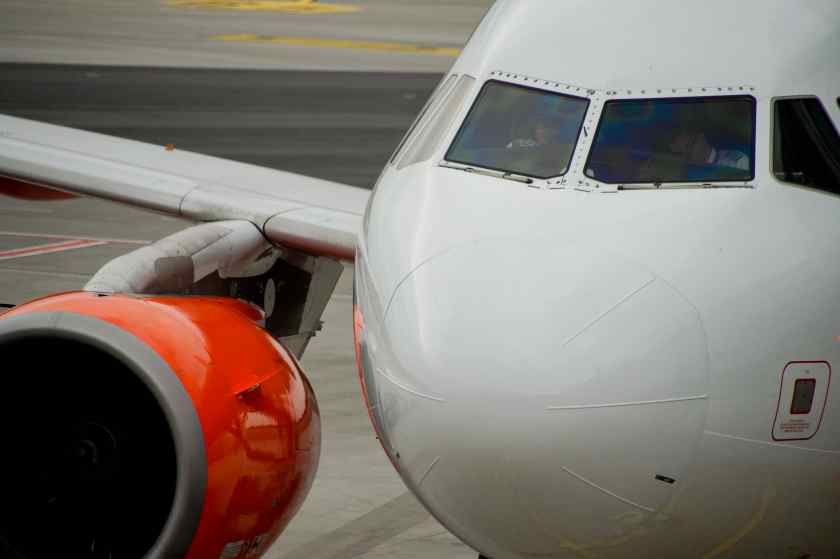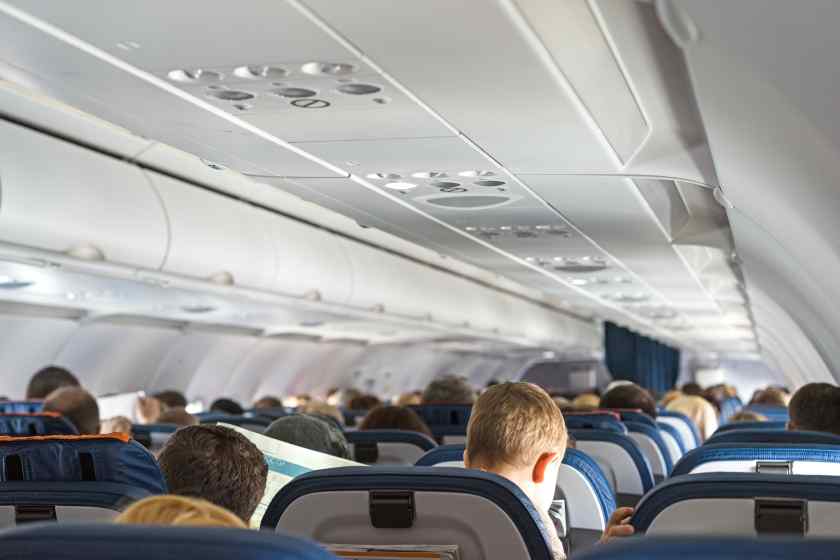American Airlines Gears Up For Record-Breaking July 4th Operations With Fifteen Thousand Flights and Nearly Two Million Seats to Meet US Holiday Travel Surge: What You Need to Know
Friday, July 4, 2025

American Airlines is preparing for one of its busiest periods yet this Fourth of July weekend, with a record-breaking 15,000 flights and nearly two million seats to accommodate the surge in U.S. holiday travelers. The airline has significantly increased its operations to meet the growing demand, ensuring smooth travel for millions of passengers heading to popular destinations across the country. With advanced technology and new strategies in place to streamline operations, American Airlines is fully equipped to handle the expected travel rush, making this year’s July 4th holiday one of the busiest on record. Here’s what you need to know about American’s preparations for this massive travel surge.
As the Fourth of July holiday approaches, air travel in the United States is expected to reach new heights, with millions of Americans preparing for one of the busiest travel weekends of the year. The surge in demand for travel, a post-pandemic trend, has airports across the nation gearing up for a major influx of passengers. The Transportation Security Administration (TSA) forecasts that more than 18.5 million people will pass through security checkpoints from July 1 to July 7, 2025, with Sunday, July 6, set to be the busiest day, seeing nearly 2.9 million passengers.
American Airlines is stepping up its operations, preparing for its largest-ever July 4th schedule out of Dallas/Fort Worth International Airport (DFW). Over the span of three days, from July 3 to July 5, the airline is set to operate more than 15,000 flights, providing nearly 1.83 million seats, a 5% increase from last year’s holiday period.
The airline is focusing its efforts on the DFW hub, with key routes such as Dallas/Fort Worth to Austin, Chicago O’Hare, Phoenix, and Los Angeles seeing a significant increase in frequency. For example, the DFW to Austin route will see 40 flights, while DFW to Chicago O’Hare will have 38. To improve operational efficiency and ensure smoother connections, American Airlines is deploying new technology like Connect Assist, designed to assist passengers with tight connections and ensure they don’t miss their next flight.
Delta Air Lines is also ramping up its operations in anticipation of the holiday rush. The airline has scheduled more than 12,000 flights between July 3 and July 5. The bulk of this activity will take place at Delta’s main hub at Hartsfield-Jackson Atlanta International Airport (ATL), where several major domestic routes will see high-frequency service.
Among the busiest routes for Delta will be Atlanta to Orlando, with 39 flights in each direction. Other heavily trafficked routes will include Atlanta to New York LaGuardia (38 flights), Los Angeles to Atlanta (36 flights), and Atlanta to Boston (33 flights). Delta is also adding several international routes to its schedule, with numerous daily departures to cities across North and South America. For instance, Delta will operate six flights each day between Vancouver and Seattle.
United Airlines and Southwest Airlines are both preparing for a busy weekend, with over 11,000 flights scheduled each. United will operate approximately 11,710 flights, with a focus on routes such as LaGuardia to Chicago O’Hare and Denver to Colorado Springs. Southwest Airlines has scheduled 11,068 flights, with its busiest routes including Denver to Phoenix and San Diego to Sacramento.
In an effort to improve the passenger experience, United has enhanced its mobile app to help travelers manage their connections more efficiently. After a successful trial involving 350,000 users, 98% of those using the app were able to make their connecting flights.
In addition to the major carriers, several smaller and low-cost airlines are also adding extra flights to accommodate the high demand. Alaska Airlines is set to operate over 1,000 flights per day, while JetBlue Airways has scheduled 654 flights on July 4 and 647 flights on July 5. Frontier Airlines will run over 1,700 flights, offering a total of 368,780 seats. Spirit Airlines, Allegiant Air, Hawaiian Airlines, Breeze Airways, and Sun Country Airlines are also ramping up their operations to meet the increased demand.
Despite all the preparations, weather conditions could cause significant disruptions during the busy weekend. Thunderstorms and severe weather have already resulted in thousands of delays and cancellations across the country. More storms are expected to hit key travel hubs such as Denver, Chicago, and New York City. On July 5 and 6, heavy rain, hail, and strong winds could lead to further delays and cancellations, making travel even more challenging.
The TSA and airlines are proactively managing the surge in passenger traffic by increasing staffing and utilizing new technologies to streamline the security process. American Airlines has extended its boarding process by five minutes to help accommodate the higher volume of travelers, while United Airlines has enhanced its app to assist connecting passengers and provide real-time updates.
With more than 18.5 million passengers expected to travel over the holiday weekend, TSA has ramped up its staffing and rolled out new screening technologies to handle the increased demand. Airports across the country are also adding more personnel and signage to ensure a smoother process through security.
American, Delta, and United Airlines are utilizing advanced technology to keep passengers moving efficiently. American’s Connect Assist system helps passengers with tight connections, while United’s enhanced mobile app provides real-time assistance for connecting flights. These efforts are aimed at minimizing disruptions and ensuring that travelers have the best possible experience during one of the busiest travel weekends of the year.
As millions of travelers prepare for a busy weekend of air travel, it is essential to be prepared for long lines, crowded airports, and potential delays, especially due to weather conditions. Passengers are advised to check identification requirements, pack efficiently, and remain informed about any changes to their flights. For those with connecting flights, it is crucial to stay updated on gate changes and make use of airline mobile apps for real-time updates.
In conclusion, the July 4th holiday weekend is expected to be one of the busiest air travel periods in history. With airlines operating record numbers of flights and airports bracing for high volumes of passengers, preparation will be key. Despite possible weather-related disruptions, TSA and airlines are working together to ensure smooth operations. With careful planning and attention, travelers can navigate the busy skies and enjoy their holiday celebrations.
«Enjoyed this post? Never miss out on future posts by following us»







